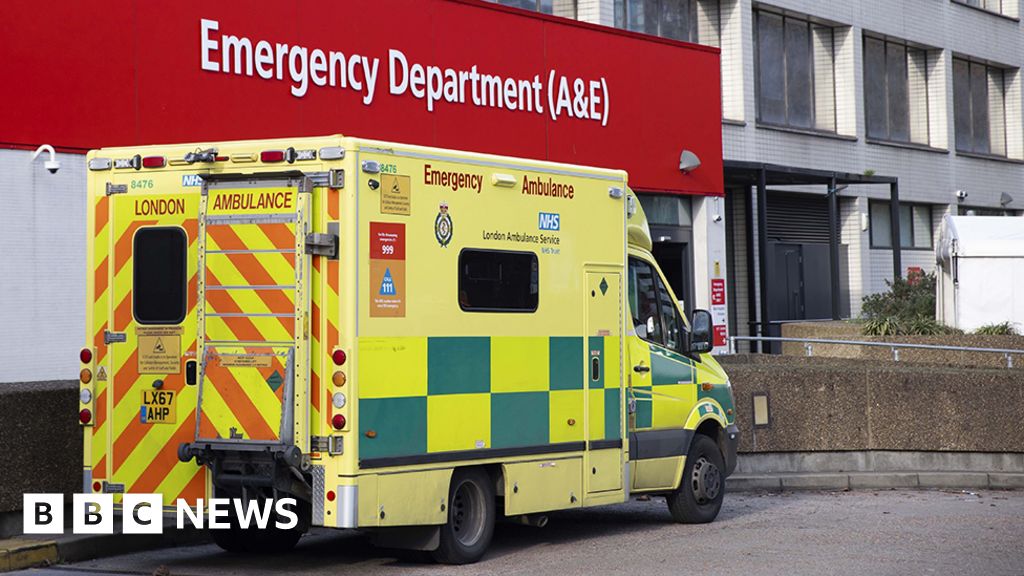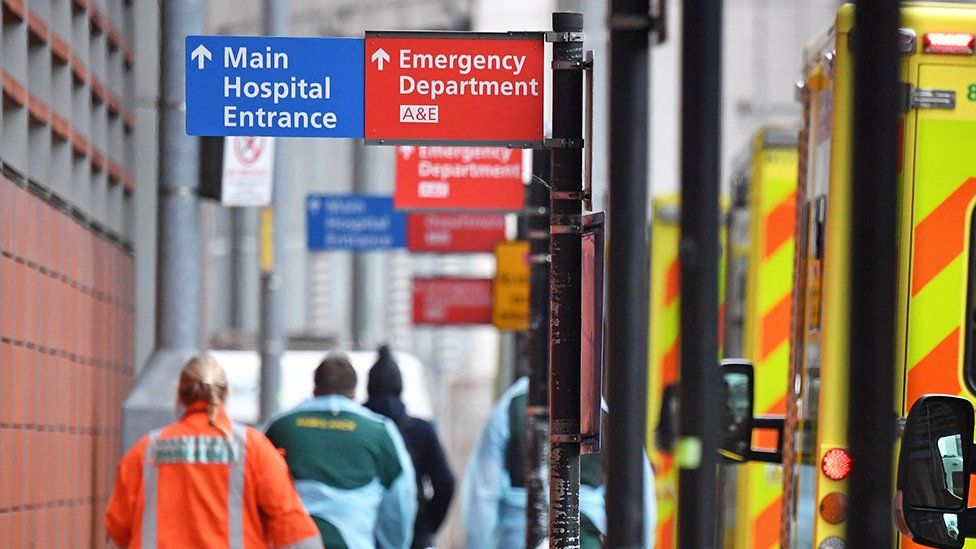
Public satisfaction with the NHS has slumped to its lowest level ever recorded by the long-running British Social Attitudes survey.
Just 29% said they were satisfied with the NHS in 2022, with waiting times and staff shortages the biggest concerns.
That is seven percentage points down on last year and a drop from the 2010-high of 70% satisfaction.
The poll – the gold-standard measure of the public’s view of the health service – has been running since 1983.
A&E saw the biggest drop in satisfaction, but ratings for all services, from GPs and dentistry to general hospital care, fell.
The fall in overall satisfaction was seen across all ages, income groups, sexes and supporters of different political parties.
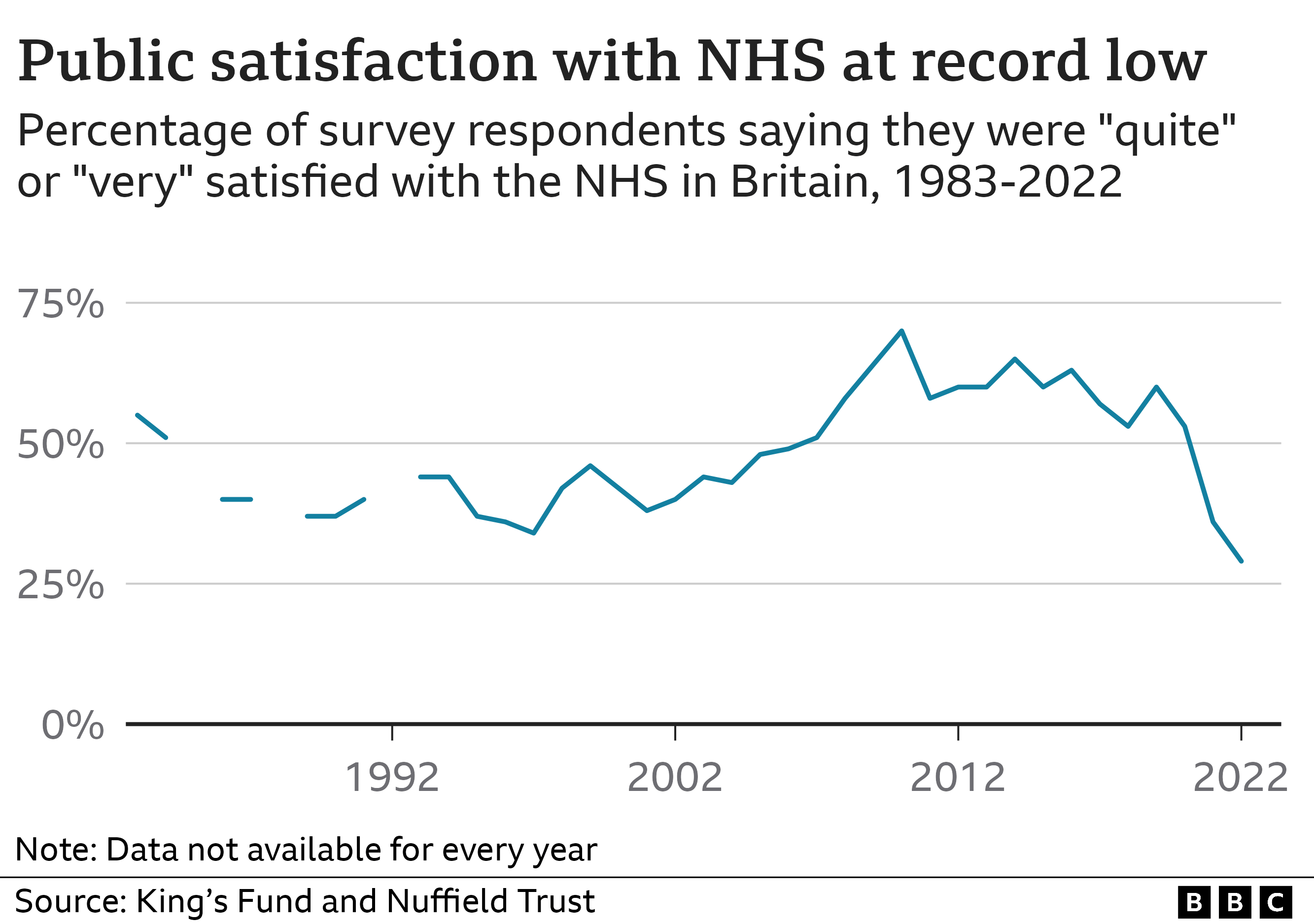
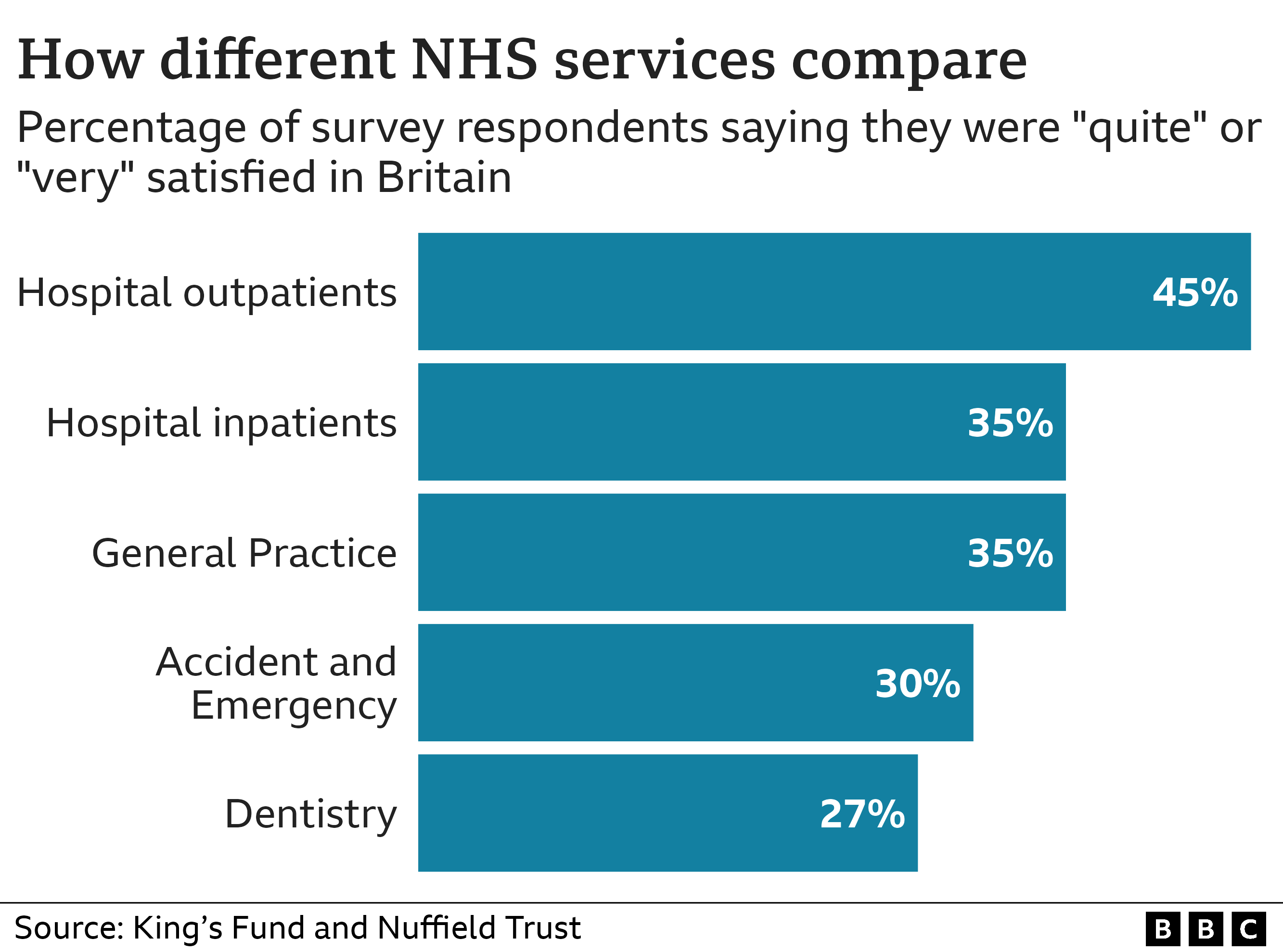
What is more, the survey of more than 3,300 people was carried out in the autumn before the winter months hit, a period which saw the worst waiting times on record in England, Scotland and Wales.
All three nations are missing their core NHS waiting-time targets.
The survey showed the public most valued the NHS being free at the point of use and the quality of care when they were seen.
More than eight in 10 supported the principle that the NHS should be available to everyone and be funded primarily through taxes.
Some 43% said taxes should go up to provide more funding, but 28% said the NHS should live within its budget.

‘My dad’s care shows shocking state of NHS’
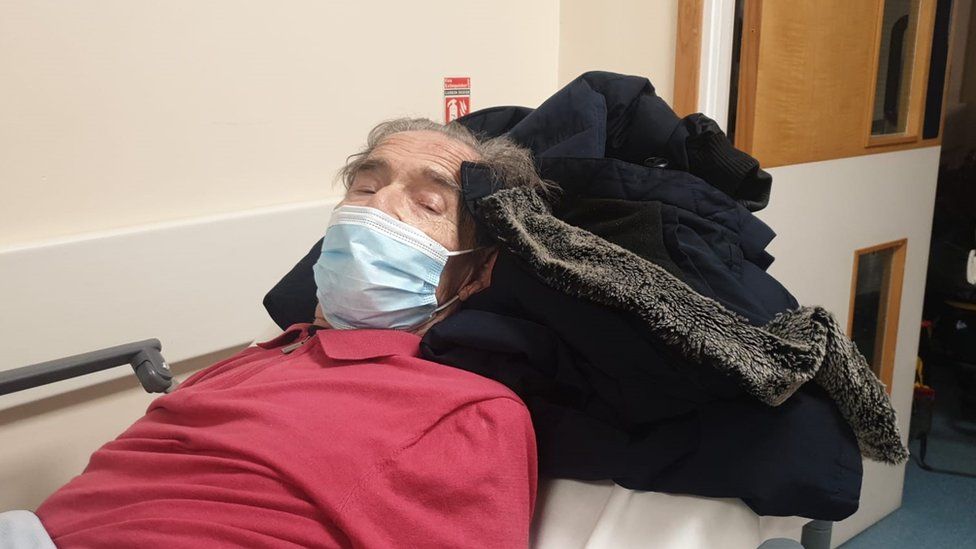
Gareth Griffiths says the fall in satisfaction is not surprising given the state of the NHS.
His father, Anthony, who died from cancer six weeks ago aged 83, was taken to A&E after a fall at his home in Shropshire in December.
He waited nine hours for an ambulance and then spent the night in a corridor as there were no beds available on the wards. He was assessed and had a scan before being sent home.
“There were corridors full to the brink with patients needing care. I think someone passed [away] while we were there. It is so sad to think someone would lose their life in a corridor after paying their taxes all their life.
“It felt like some kind of World War I scene in the bunkers with nurses going around treating the dying. It was quite shocking to see.
“The staff were amazing, but they were pushed to their limits.”

The findings were published by the Nuffield Trust and King’s Fund think tanks which sponsor the health questions.
Dan Wellings, of the King’s Fund, said: “It is easy to become desensitised to the relentless flow of bad news about struggling health services, but we cannot underestimate the significance of the unprecedented results.
“These stark findings should act as a wake-up call to those in power.”
He said it would take a long time to turn around public attitudes to the NHS, given how far satisfaction had dropped.
The survey showed even lower satisfaction ratings for social care, which is run by councils. Just 14% of people said they were satisfied with those services, which includes care homes, home help and children’s care.
Louise Ansari, of the patient watchdog Healthwatch England, said the findings chimed with the feedback it was receiving.
“Access is a real problem at the moment. The long waits are really distressing for people,” she said.
“What we find is that when people get to see someone they do rate their treatment really high. It is just that access is a real problem at the moment.”
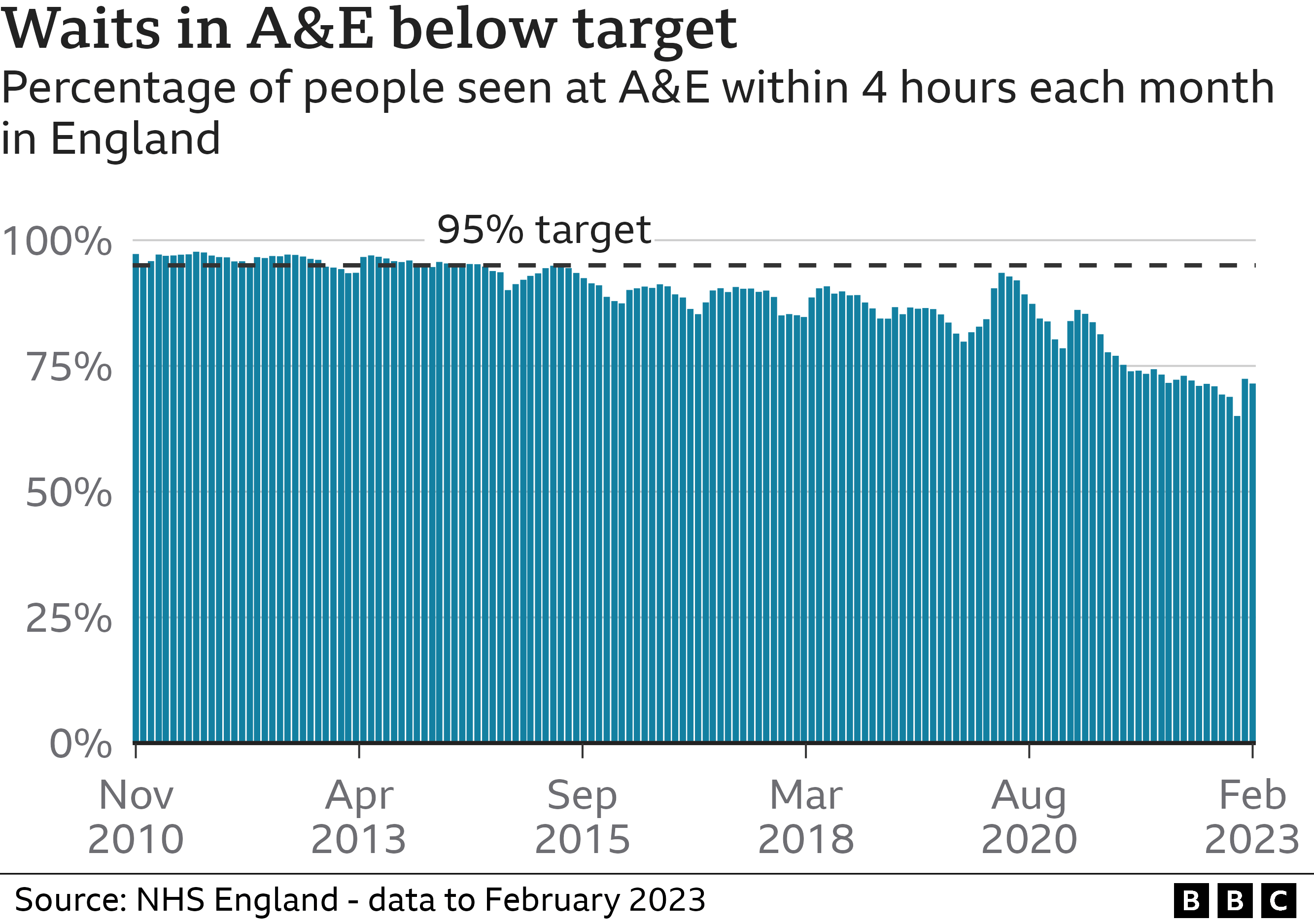
She said the NHS was facing a “perfect storm” of rising demand, a frailer population post-Covid and workforce shortages and strikes. “It is very worrying,” she added.
But a Department of Health and Social Care spokeswoman said extra spending on the NHS was starting to make a difference, following the disruption to services and waiting times during the pandemic.
“Cutting waiting lists is one of the prime minister’s five priorities – and so far we have virtually eliminated waits of over two years for treatment and latest figures show the number of patients waiting over 18 months has reduced by 80% from the peak,” she said.
She said extra testing and scanning facilities would also help improve cancer-detection rates.
Recovery plans, supported by extra funding, have also been published in Wales and Scotland.
Labour shadow health secretary Wes Streeting said: “After 13 years of Conservative mismanagement, the public has lost faith that the NHS will be there for them when they need it.
“People are just praying they don’t have to dial 999 or go to A&E.”
Data visualisation by Becky Dale and Rob England

What’s your recent experience of the NHS? Email haveyoursay@bbc.co.uk.
Please include a contact number if you are willing to speak to a BBC journalist. You can also get in touch in the following ways:
- WhatsApp: +44 7756 165803
- Tweet: @BBC_HaveYourSay
- Upload pictures or video
- Please read our terms & conditions and privacy policy
If you are reading this page and can’t see the form you will need to visit the mobile version of the BBC website to submit your question or comment or you can email us at HaveYourSay@bbc.co.uk. Please include your name, age and location with any submission.
Related Topics
-
-
7 February 2022
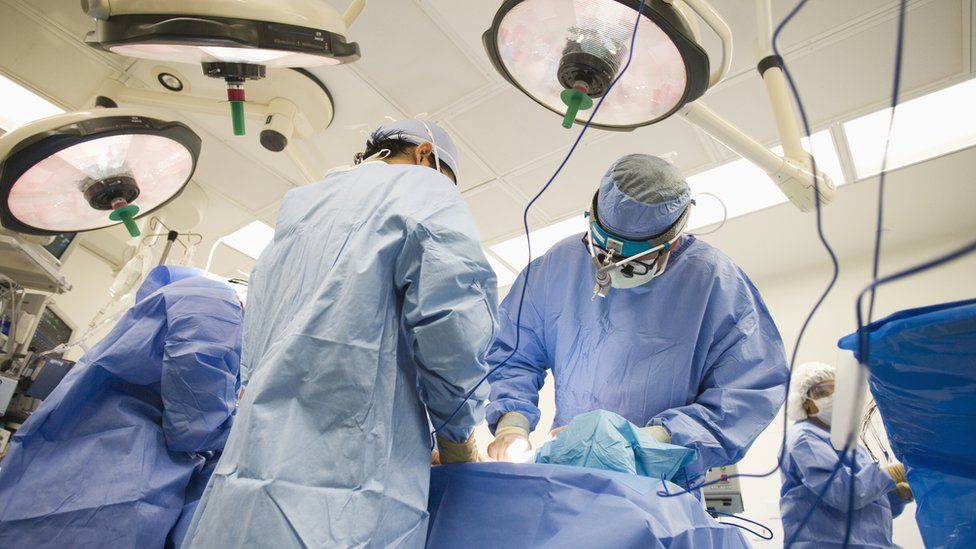
-
-
-
6 January 2022

-
-
-
5 days ago

-
-
-
13 January 2022

-
-
-
28 May 2021

-
-
-
7 February 2022
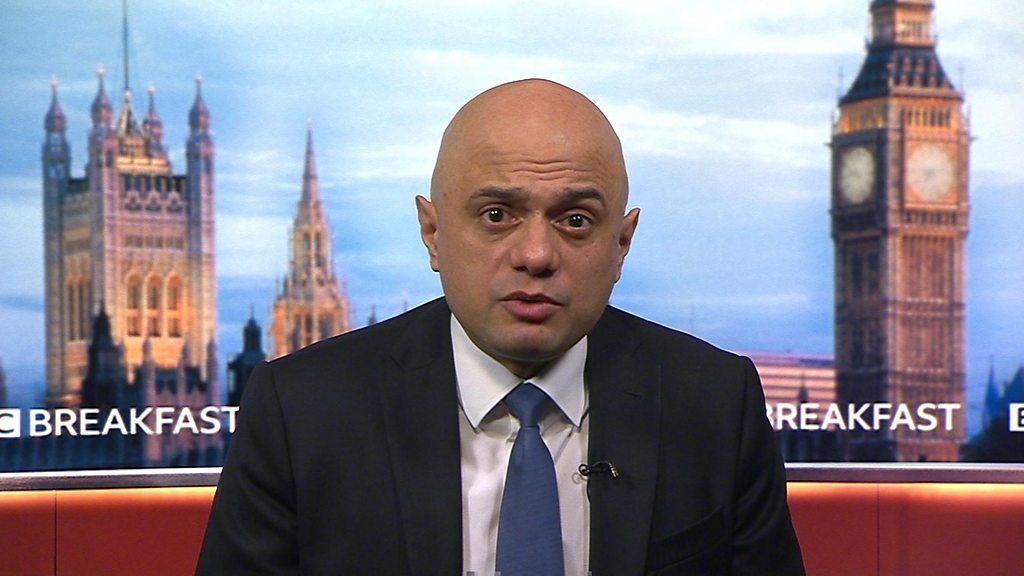
-
-
-
15 April 2021
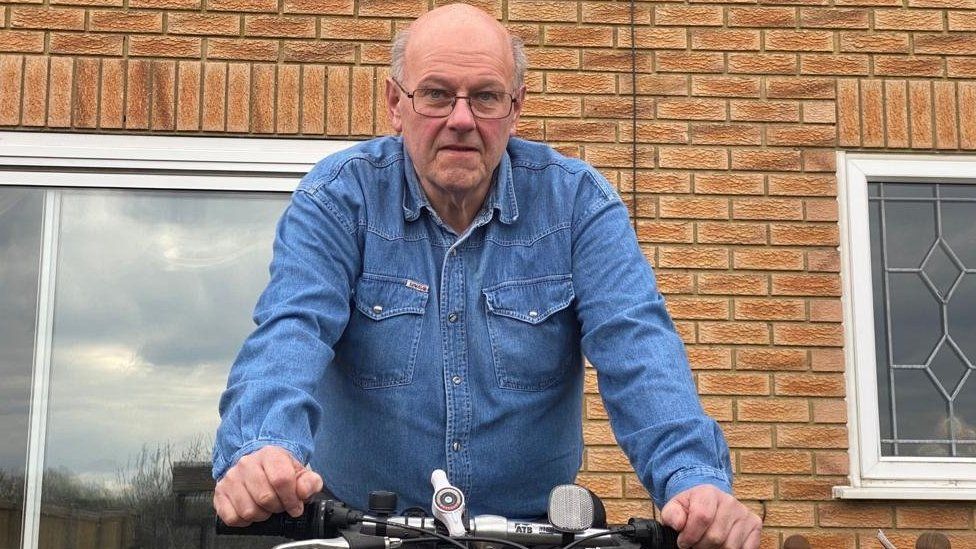
-
